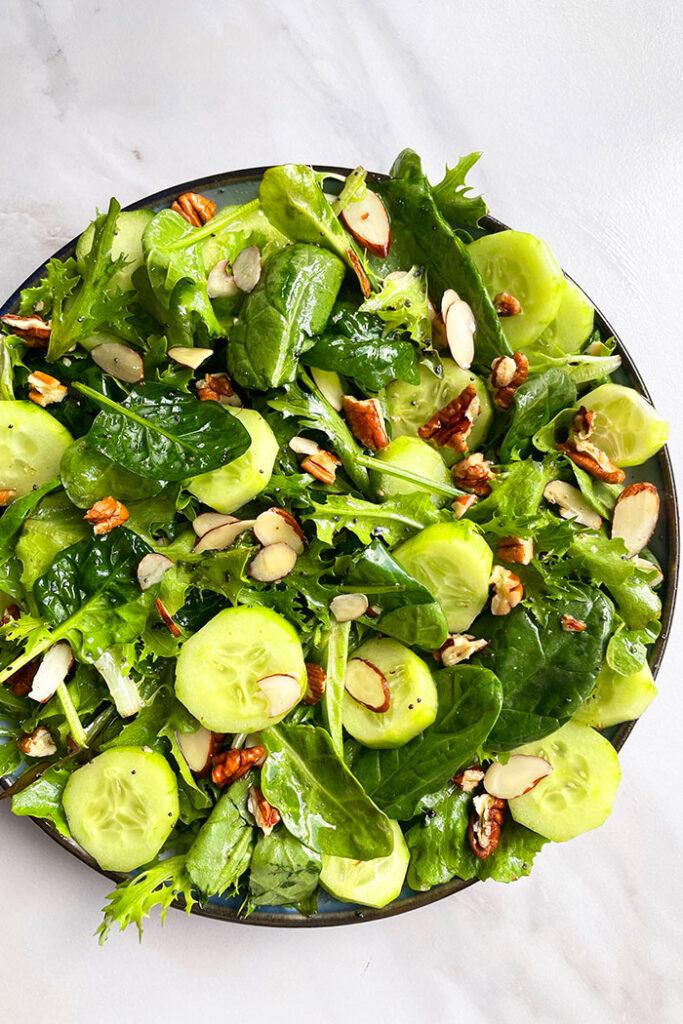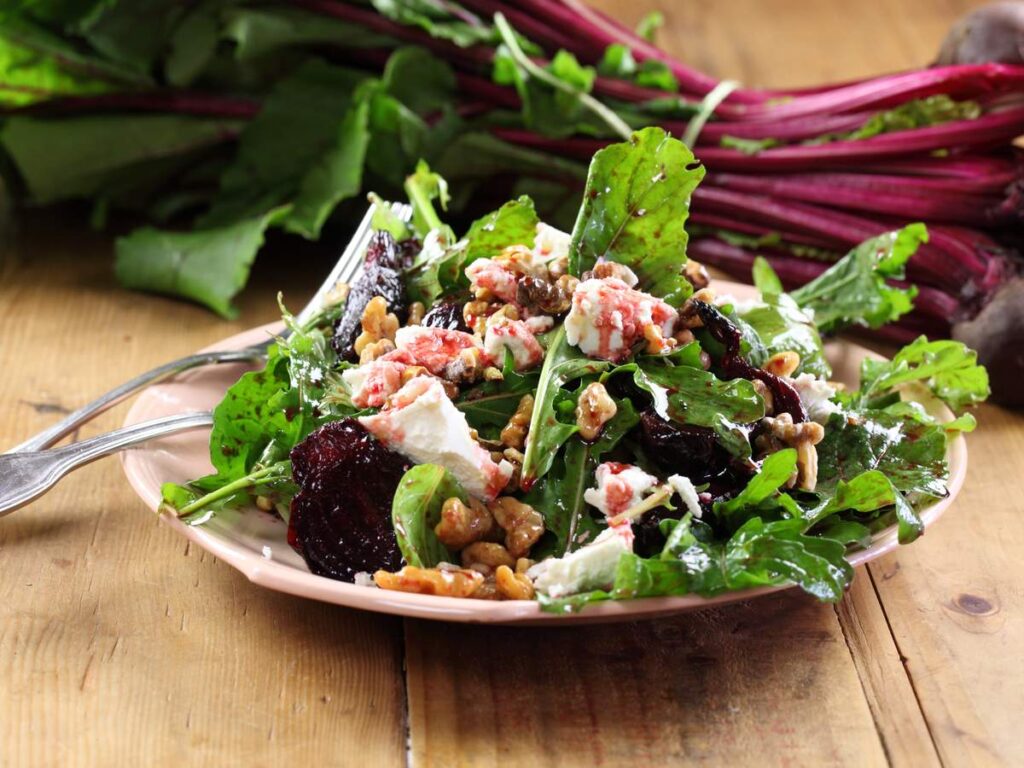**Introduction to Seasonal Recipes**
Seasonal recipes utilize ingredients available during specific times of the year. These dishes showcase local flavors and traditions, offering nutrition and taste that match the season. Seasonal fruits, vegetables, and spices bring numerous benefits, elevating the quality and healthfulness of your meals.
**Seasonal Breakdown and Recipes**
**Winter Recipes**:
Fruits: Apples, oranges, pomegranates
– Vegetables: Carrots, radishes, and turnips
– Features: Winter fruits and vegetables offer energy and warmth, helping to maintain body heat during the colder months.
Examples: Carrot Halwa, Orange Marmalade
2. **Summer Recipes**:
Fruits: Mangoes, Watermelon, Pineapples
Vegetables: Fresh cucumbers, ripe tomatoes, leafy spinach
– Features: Summer recipes incorporate light, fresh, and hydrating ingredients to keep your body cool and well-hydrated.
Examples: Mango chutney, watermelon juice

3. **Spring Recipes**:
Fruits: Strawberries, cherries, apricots
– Vegetables: Green beans, peas, and cauliflower
– Features: Spring recipes emphasize freshness and lightness, aiding in detoxification and revitalizing energy.
Examples: Cherry smoothie, pea soup
4. **Autumn Recipes**:
Fruits: Pears, clementine’s, apples
– Vegetables: Squash, turnips, cabbage
– Features: Autumn recipes feature ingredients that boost energy and warmth, perfect for cooler weather.

**Benefits of Seasonal Recipes**
Nutritional Value: Seasonal fruits and vegetables are richer in nutrients and align perfectly with the body’s seasonal needs.
Flavor: Using seasonal ingredients ensures fresher, more vibrant flavors, elevating the taste and aroma of your meals.
Affordability: Purchasing seasonal produce is typically more budget-friendly and helps sustain local farmers.
4. **Environmentally Friendly**: Local seasonal ingredients have a smaller carbon footprint, reducing environmental impact.
– Examples: Curried squash, apple jam
**Using Seasonal Recipes**
Enhancing Health: Utilizing seasonal ingredients supplies vital vitamins and minerals, promoting improved well-being.
Seasonal Meals: Selecting seasonal foods caters to the body’s changing needs throughout the year.
Cooking and Salads: Incorporating seasonal fruits and vegetables into your cooking and salads introduces diverse flavors and enhances the nutritional value of your meals.

**Conclusion**
Seasonal recipes allow you to savor a variety of flavors year-round while reaping the nutritional benefits of in-season produce. Embracing seasonal eating not only boosts the taste of your dishes but also enhances their healthfulness.
